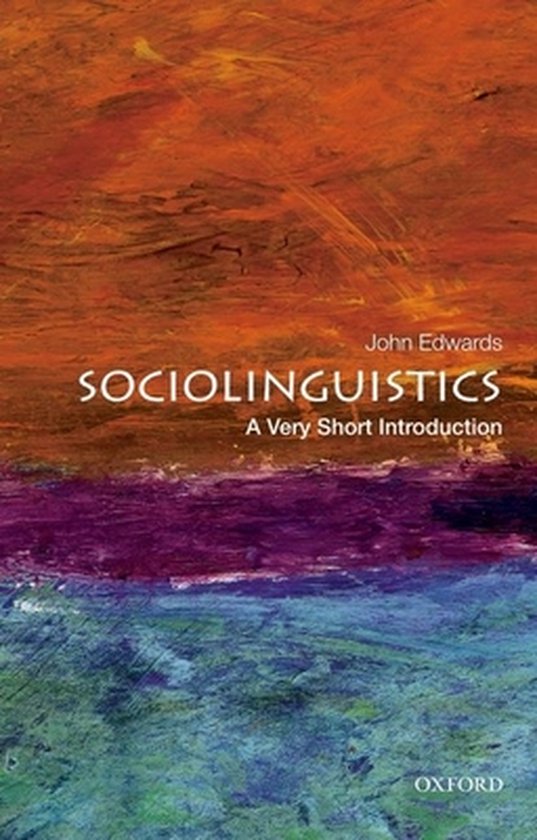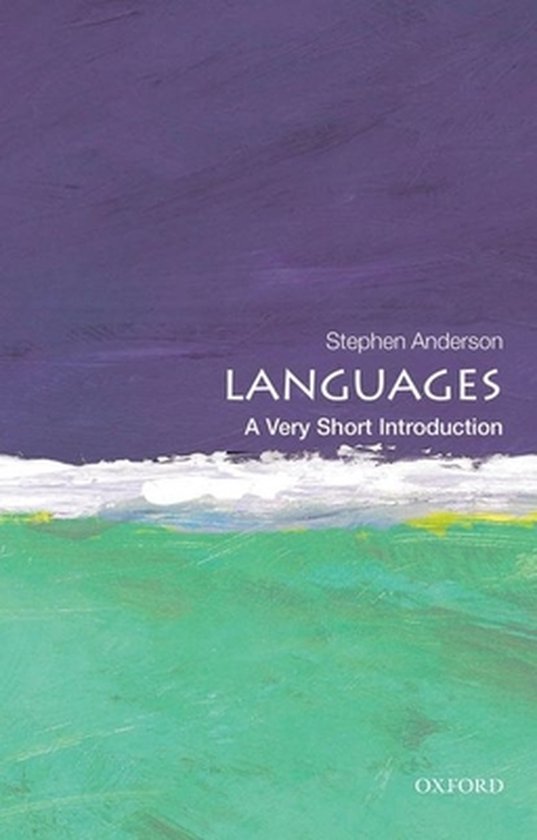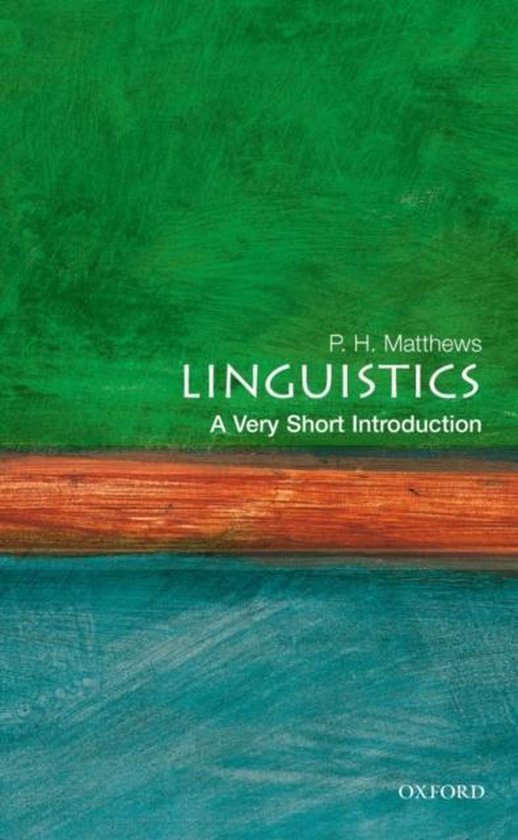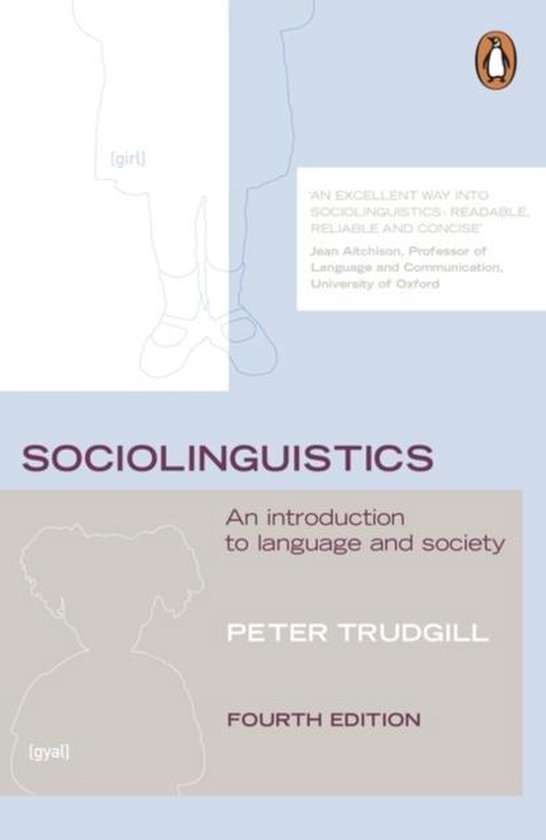
Sociolinguistics
This Very Short Introduction deals with the social life of language, presenting a succinct account of the most important aspects - both "micro" and "macro" - of sociolinguistics, such as language variation, language attitudes, and the relationship between language and identity.
This Very Short Introduction deals with the social life of language: language in its sociocultural context. The field ranges from micro-analyses to broadly-based policy and planning undertakings. As such, this book draws from sociolinguistics, the sociology of language, and psycholinguistics. The relationship between language and identity - whether of an individual or a group - is a strong thread linking all the topics covered in the book. The "ordinary," instrumental, communicative aspects of language cannot be adequately understood without paying attention to the "symbolic" features that powerfully underpin feelings and attributions of "groupness" and "belonging." The book therefore focuses more on macro sociological areas than to fine-grained analyses of variation in linguistic features (though the latter are not ignored). Edwards explains the differential social evaluations of languages and dialects, how names (and naming) are much more than simple designations, why some languages come to dominate others, as well as questions about the relationship between language and gender, sexist language, the language of poverty, the intertwining of language and religion, and politically driven language planning and policy. These matters have always been timely and of great social interest. The book demonstrates the connections and continuities that exist within the language arena in which we all participate, and about which all of us have opinions, preferences and prejudices. This is the first short treatment that acquaints the educated non-specialist with the social life of language. ABOUT THE SERIES: The Very Short Introductions series from Oxford University Press contains hundreds of titles in almost every subject area. These pocket-sized books are the perfect way to get ahead in a new subject quickly. Our expert authors combine facts, analysis, perspective, new ideas, and enthusiasm to make interesting and challenging topics highly readable.
This Very Short Introduction deals with the social life of language: language in its sociocultural context. The field ranges from micro-analyses to broadly-based policy and planning undertakings. As such, this book draws from sociolinguistics, the sociology of language, and psycholinguistics. The relationship between language and identity - whether of an individual or a group - is a strong thread linking all the topics covered in the book. The "ordinary," instrumental, communicative aspects of language cannot be adequately understood without paying attention to the "symbolic" features that powerfully underpin feelings and attributions of "groupness" and "belonging." The book therefore focuses more on macro sociological areas than to fine-grained analyses of variation in linguistic features (though the latter are not ignored). Edwards explains the differential social evaluations of languages and dialects, how names (and naming) are much more than simple designations, why some languages come to dominate others, as well as questions about the relationship between language and gender, sexist language, the language of poverty, the intertwining of language and religion, and politically driven language planning and policy. These matters have always been timely and of great social interest. The book demonstrates the connections and continuities that exist within the language arena in which we all participate, and about which all of us have opinions, preferences and prejudices. This is the first short treatment that acquaints the educated non-specialist with the social life of language. ABOUT THE SERIES: The Very Short Introductions series from Oxford University Press contains hundreds of titles in almost every subject area. These pocket-sized books are the perfect way to get ahead in a new subject quickly. Our expert authors combine facts, analysis, perspective, new ideas, and enthusiasm to make interesting and challenging topics highly readable.
| Auteur | | John Edwards |
| Taal | | Engels |
| Type | | Paperback |
| Categorie | | Taal |





